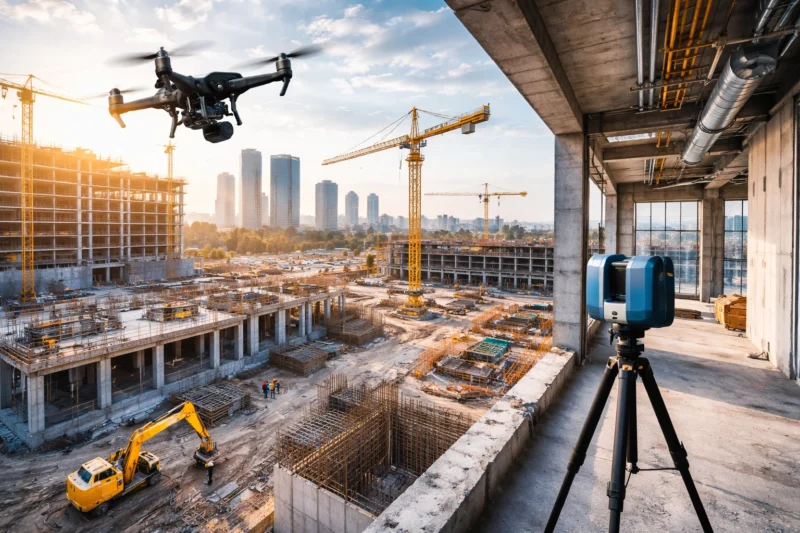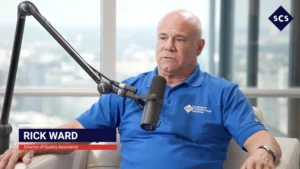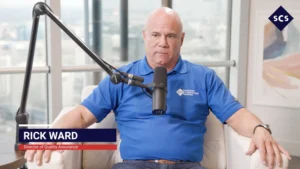Equitable Cities II: How Community-Oriented Development Builds Socioeconomic Viability
On this episode of Dirt Work, we continued our conversation on the topic of equitable cities by discussing community-oriented development with Innovan Neighborhoods founder Maggie Parker.
Parker is a member of Dallas Business Journal’s 2019 40 under 40 Class, as well as the recipient of the 2020 Juanita Craft Humanitarian Award and the founder of Innovan Neighborhoods, an organization led by community-identified priorities to develop residential, mixed-use and historically significant projects.
Working with local stakeholders, Innovan cultivates partnerships to solve for the needs of people and neighborhoods that desire to transition toward socioeconomic viability.
Parker believes that real estate is among most relevant tools to bring forth social change and has been quoted as saying that, “with real estate, you’re building physical assets, but it really comes back to who is being impacted and how communities and neighborhoods are engaged in the process. In Dallas, we have incredible expertise in both real estate and community engagement, but a huge divide when it comes to linking that expertise to yield successful and sustainable community-driven projects.”
Community-oriented development is a collaborative development process aiming at transformation and long-term sustainability, primarily for historically underserved communities.
In this, community leaders work with non-profit groups, private developers and government agencies to deliver long-lasting projects that enact positive change. Community identity is at the core of these projects and, given the variety of stakeholders and complexity of the issues, creativity is required.
Two notable instances of successful community-oriented developments are the transformation of urban Detroit following the significant reduction in population in recent years and the Washington DC 11th Street Bridge Park development. Successful projects can bring forth aide for communities suffering with affordable housing, food deserts, transportation issues, employment and healthcare, but these issues have many layers of complexity.
For listeners interested in learning more about the topics of equitable cities and community-oriented development, Parker recommends the book The Color of Money and The 1619 Project essays.









